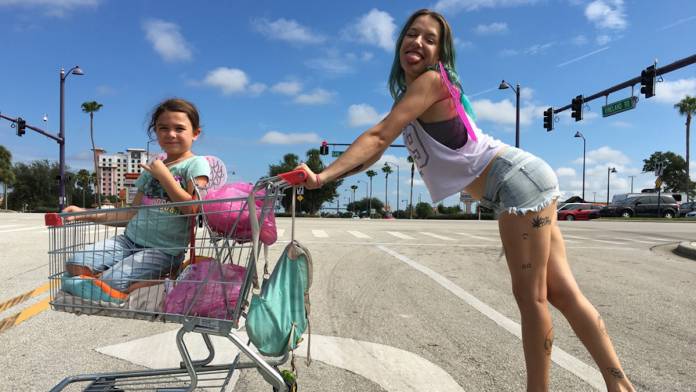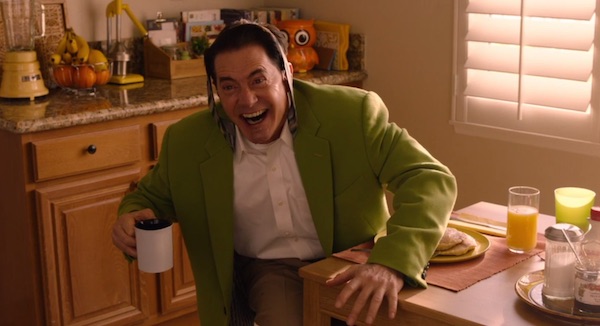 1. Twin Peaks: The Return (USA, David Lynch)
1. Twin Peaks: The Return (USA, David Lynch) David Lynch and Mark Frost’s 18-hour film proved again that they can push the boundaries of narrative and experimental storytelling into a haunting dream of dark and troubling things. Reinventing almost every trope within a television series, this career culmination for David Lynch left me hyperventilating at the end of every single episode.
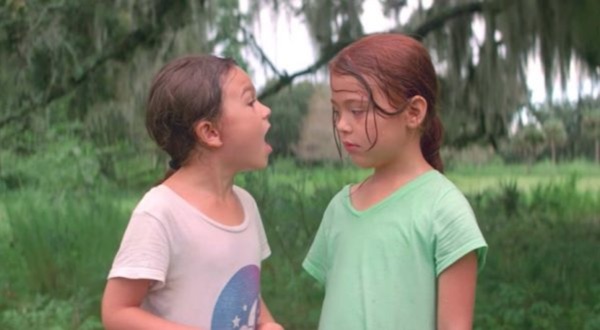 2. The Florida Project (USA, Sean Baker)
2. The Florida Project (USA, Sean Baker) Sean Baker’s follow-up to his anxiety-core classic Tangerine (2016) is a transcendental gem highlighted by a career-shining performance by Willem Dafoe. The Florida Project is a wonderfully small world that brilliantly reworks Hal Roach’s The Little Rascals and Our Gang series. Baker has created yet another humanistic feature film that crackles and pops with such a colorful look at an impoverished Americana that when the film’s polarizing grand finale peaks, you may find yourself as breathless as its 7-year-old star.
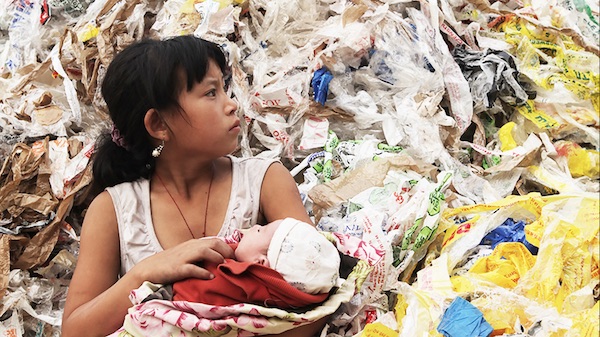 + Plastic China (China, Jiuliang Wang/Ruby Chen)
+ Plastic China (China, Jiuliang Wang/Ruby Chen)Poverty-stricken Chinese families recycle imported plastic from garbage dumps, with the struggling hopes to give their children a better life. But this is much more than just a haunting cinéma vérité documentary; this is the story of Yi-jie, an unschooled 11-year-old girl whose family works and lives in a “plastic waste household-recycling workshop.” Humble and as dramatic as any narrative this year.
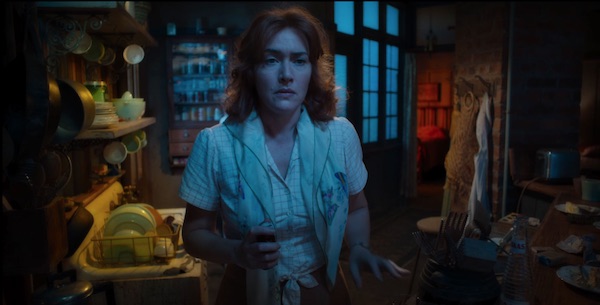 3. Wonder Wheel (USA, Woody Allen)
3. Wonder Wheel (USA, Woody Allen) Even though Woody Allen (age 81) is almost twice the age of Paul Thomas Anderson (age 47), both seem to be uncovering yet another side to their consistently curious careers. Allen’s continued collaboration with cinematographer Vittorio Storaro (who shot last year’s underrated Cafe Society and just finished Allen’s next film A Rainy Day in New York) has made an instant classic with this heart wrenching tribute to playwright Tennessee Williams and the films of Douglas Sirk. Early on in Wonder Wheel, the narrator (Justin Timberlake) warns the audience, “I speak in symbols and relish melodrama with larger than life characters.” Expressionistic and experimental lighting drench Kate Winslet, who delivers, hands-down, one of the most devastating performances of her career, much less of the year. This purposefully stagey, if not at times clunky, 1950s period piece has a piercing darkness that is crackling with the same fire that stirs within Winslet’s red-headed wanderlust waitress and her red-haired, movie-obsessed son. For those interested in not overlooking Woody Allen, he’s truly making some of the best films of his 50-year career.
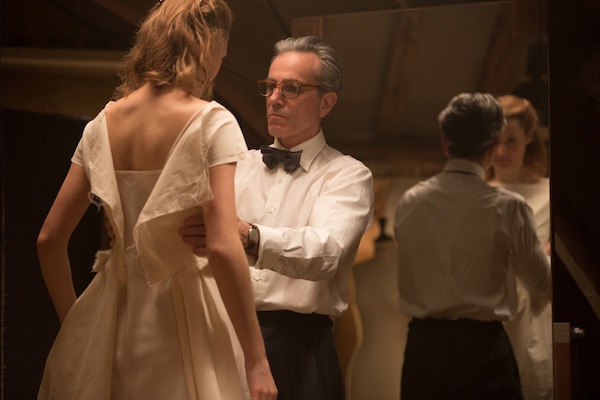 + Phantom Thread (USA, Paul Thomas Anderson)
+ Phantom Thread (USA, Paul Thomas Anderson)
Paul Thomas Anderson’s reworking/tribute to Alfred Hitchcock’s Rebecca (1940) is so well made, I fear many audience members may take this stunning experience for granted. Phantom Thread practices what its 1950s main character (Daniel Day Lewis) experiences: an obsessive compulsive disorder. Vicky Krieps’ performance as the deceptively naive waitress has such a mesmerizingly disruptive nature as Alma (the name of Hitchcock’s lifelong partner in crime), it not only transports this stylistic showpiece into downright masterpiece territory, it proves that Anderson himself understands that there’s more to his cinema than just style over substance. (Repeat viewings are a must, if not just to listen to Jonny (Radiohead) Greenwood’s breathtaking score.)
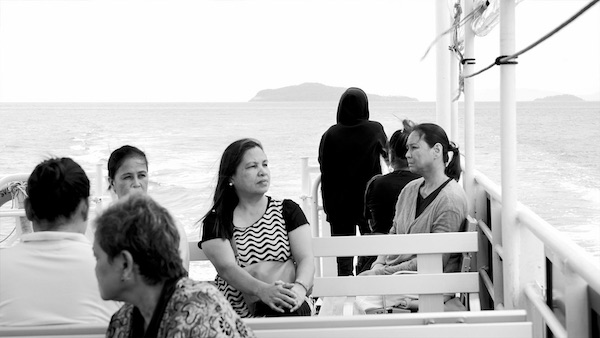
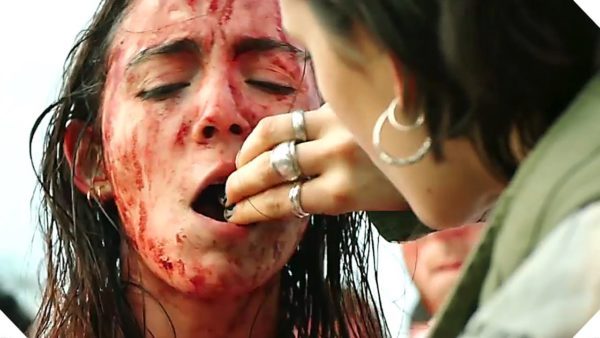 + Raw (France/Belgium, Julia Ducournau)
+ Raw (France/Belgium, Julia Ducournau)With audience members passing out during its Cannes Film Festival premiere, this supremely intelligent horror film has the power to gouge out your own eyes and your stomach. Do not read any major spoilers. Let this story of a young vegetarian, who starts attending a veterinarian’s school, work its gurgling magic on you.
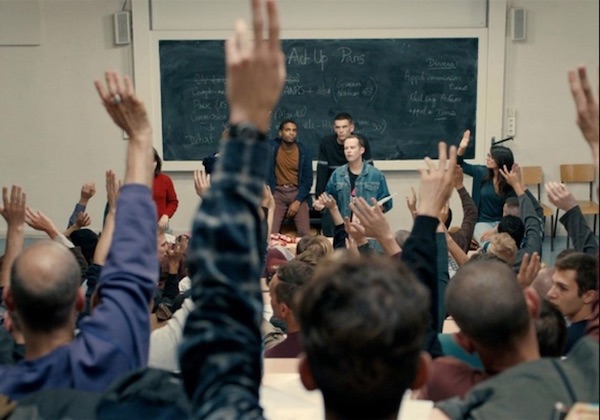 5. BPM aka Beats Per Minute (France, Robin Campillo)
5. BPM aka Beats Per Minute (France, Robin Campillo) Set in the early 1990s, director Robin Campillo emphasizes the grueling meetings of ACT UP, as a way to get closer to a group of HIV/AIDS activists. Gestating within the romantic relentlessness that anyone who’s ever sacrificed their own health for a cause, this two-hour and 20 minute voyage won the Grand Prix at the Cannes Film Festival this year and will leave you with more than a few thoughts on how “the personal IS political.”
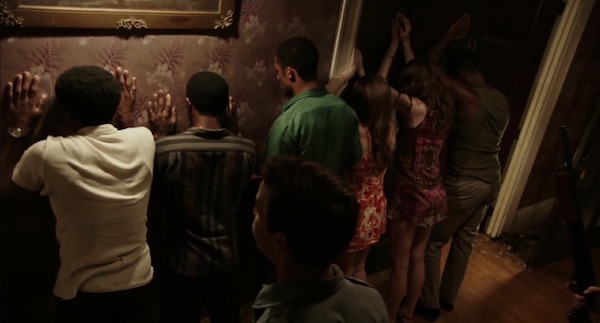 + Detroit (USA, Kathryn Bigelow)
+ Detroit (USA, Kathryn Bigelow)Meanwhile, Kathryn Bigelow’s latest reteaming with screenwriter Mark Boal (The Hurt Locker, Zero Dark Thirty) is an absolutely ferocious look at Detroit’s 1967 12th Street Riot. Bigelow’s choice to explore the volatile subject of police brutality so incessantly by channeling her own 1987 vampire/noir Near Dark as well as John Carpenter’s Assault on Precinct 13 (1976), makes this a mesmerizing cult film that audiences will hopefully uncover a few years down the road.

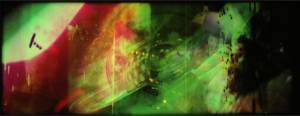

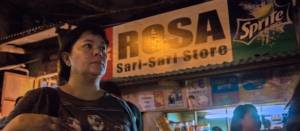
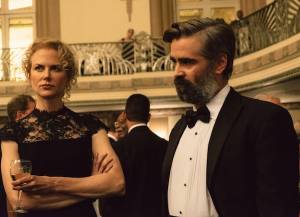
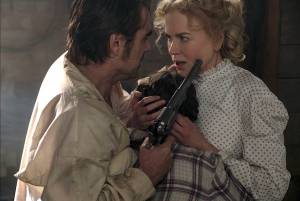
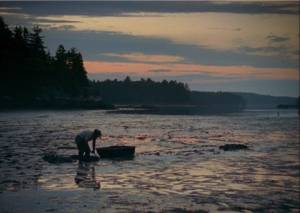

9. Double Tide (USA, Sharon Lockhart) +Pattern Language (USA, Peter Burr)

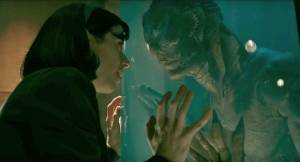
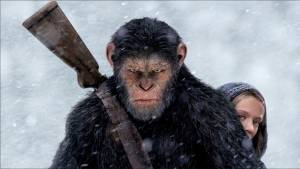
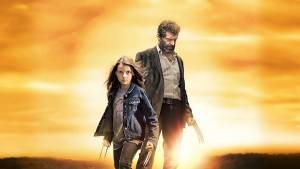


12. Ex Libris: New York Public Library (USA, Frederick Wiseman) + See a Dog, Hear a Dog (USA, Jesse McLean)
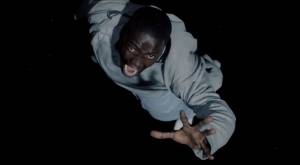
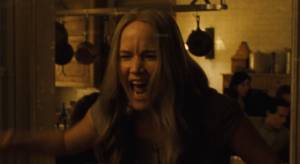
13. Get Out (USA, Jordan Peele) + mother! (USA, Darren Aronofsky)

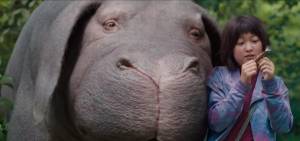
14. Rat Film (USA, Theo Anthony) + Okja (South Korea/USA, Bong Joon-ho)

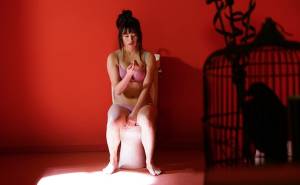


16. Wonder Woman (USA, Patty Jenkins) + Personal Shopper (France/ Germany/Czech Republic/Belgium, Oliver Assayas)


17. God’s Own Country (UK, Francis Lee) + The Meyerowitz Stories (New and Selected) (USA, Noah Baumach)




19. Blade of the Immortal (Japan, Takashi Miike) + Hostiles (USA, Scott Cooper)
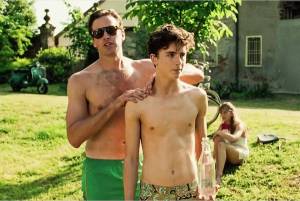

20. Call Me By Your Name (Italy/France/Brazil/USA, Luca Guadagnino) + Song to Song (USA, Terence Malick)

